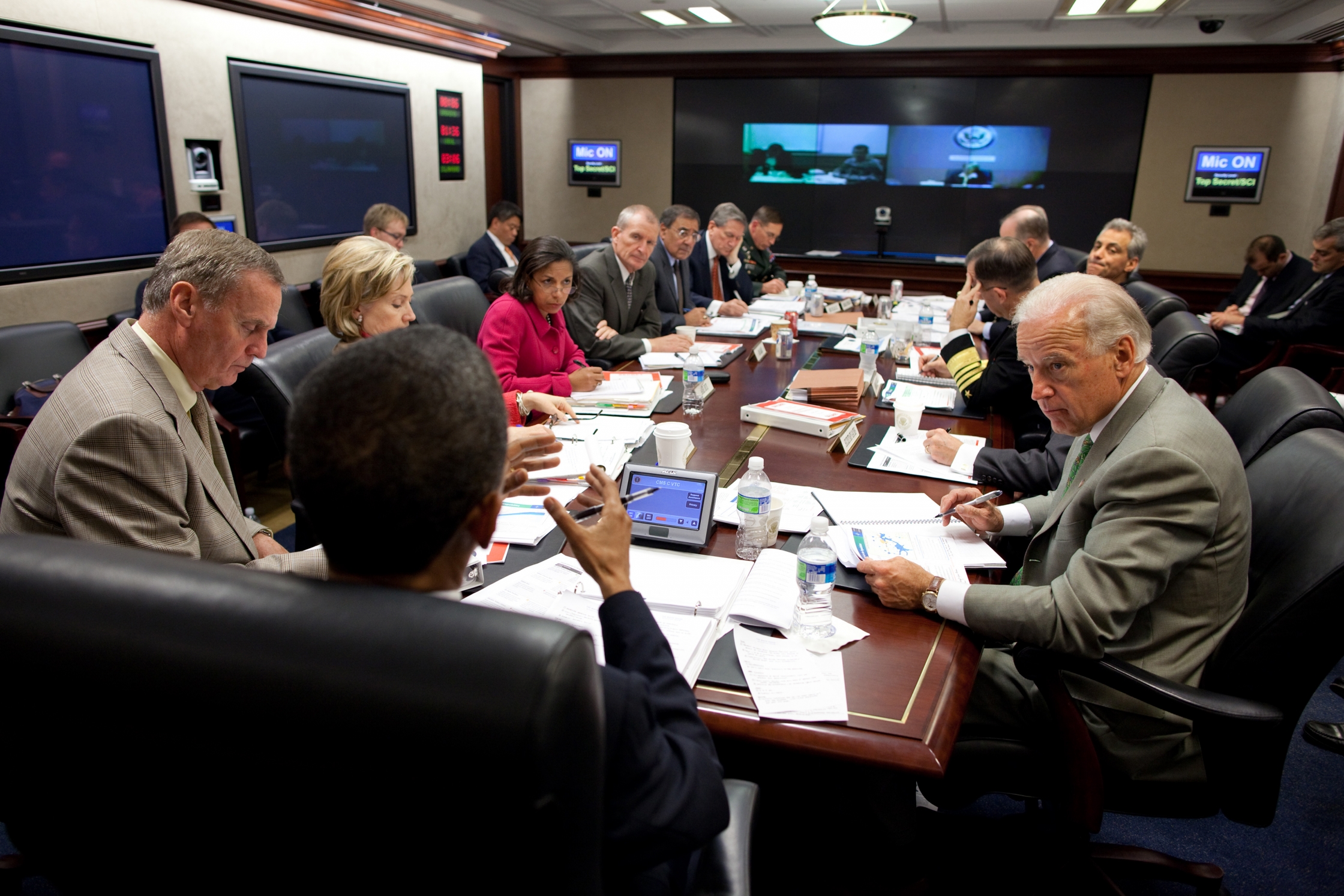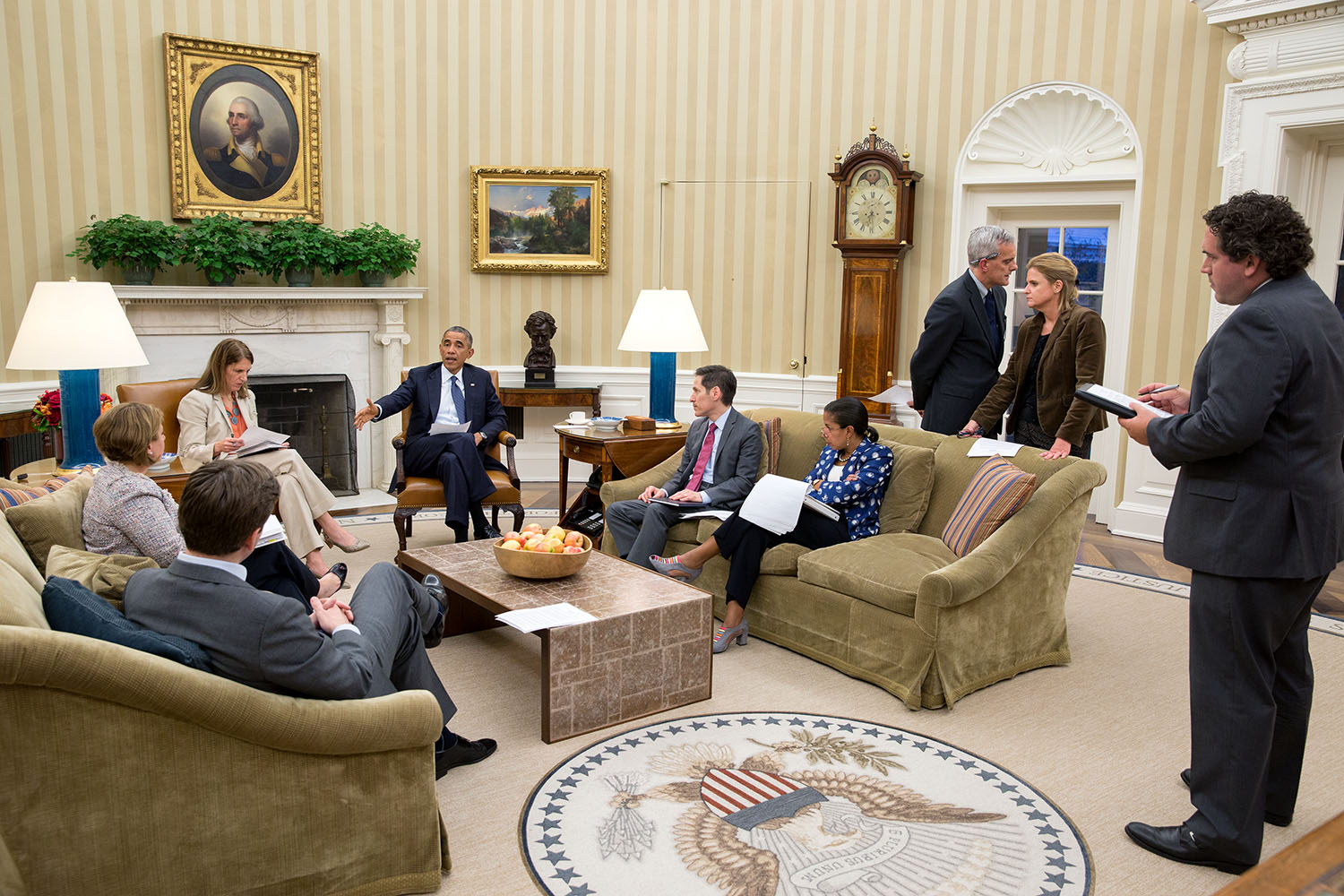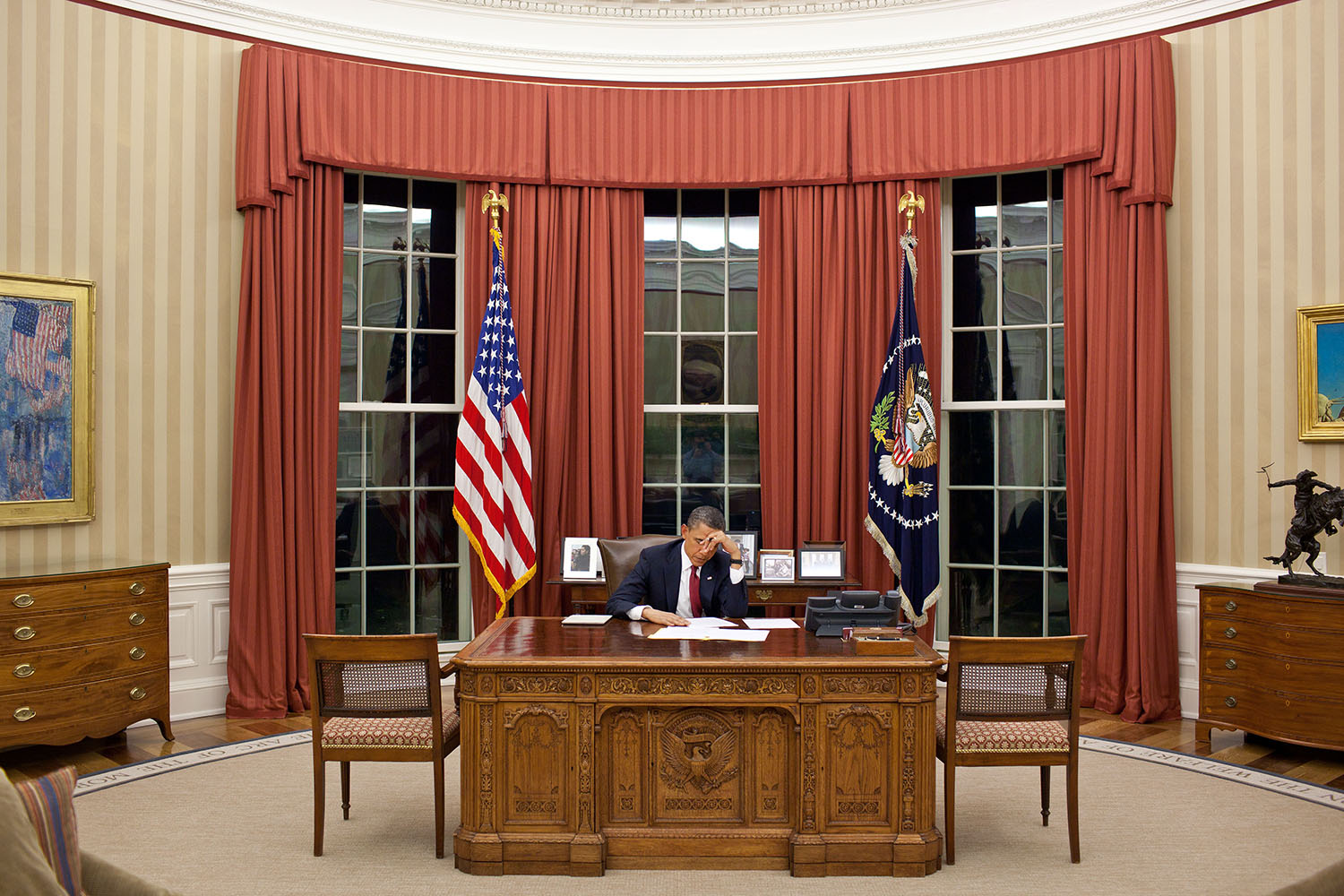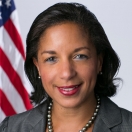
As I prepare to leave office as President Obama’s National Security Advisor, I am reminded of what my predecessor Brent Scowcroft once said: the “world is not as dangerous as that during the Cold War, but it is much more complicated.” This complexity has understandably provoked a debate not only about America’s national security policies, but also about the role of the National Security Council (NSC) staff in coordinating them.
Since the November election, I have had the opportunity to sit down with my successor to provide my candid and best advice about the national security challenges the incoming administration will face, and how to shape an NSC staff to address them. That advice will remain private; the President-elect has won the opportunity to build the national security team he needs. But as this Administration wraps up the most professional and responsible national security transition possible, as NSC staff reform remains a subject of debate in Washington, I wanted to offer some more general reflections on the critical role of the NSC staff in meeting the challenges of today and tomorrow.
Here are four.
First, our career national security professionals are the heart and soul of an effective NSC. Today, nearly 90 percent of the NSC staff are career professionals, generally on one- or two-year details from over 30 Federal departments and agencies including the Departments of State, Defense, Treasury, Justice, Homeland Security, the Intelligence Community, and other agencies. They are among the brightest, most seasoned, and hardest-working professionals in the entire federal government. They serve their country with distinction and dedication. And they maintain critical expertise and professional networks, in their home agencies and around the government, that provide the credibility and relationships to coordinate policy and ensure it is properly implemented across departments and agencies – a core mission of the NSC staff.

Second, the NSC staff’s size and structure will have a real-world impact on the advice given to the President, and whether the development and implementation of policy is properly coordinated across the U.S. Government.
Over the last three decades, the size of the NSC staff has grown in each presidential administration, Democratic and Republican alike. Until recently, this Administration’s NSC staff was no exception, owing largely to the 2009 merger of the NSC and Homeland Security Council, and the intensification of emerging security challenges, from cyber threats to public health emergencies such as Ebola. However, my strongly held view – ever since I served on President Clinton’s National Security Council staff in the 1990s - is that the NSC staff works best when it is mean but lean.

That’s why, in January 2015, I initiated a series of measures to rightsize the NSC staff. To date, we have reduced the size of the NSC staff by 15% across the board – and by 17% for policy and senior staff positions - and better aligned our organization with our national security priorities. As of January 2017, the NSC staff consists of fewer than 180 staff members in policy positions, including senior leadership. Indeed, today’s NSC staff is smaller than the workforce of many think tanks throughout Washington.
Third, the NSC staff should be focused on advising the President, and coordinating strategy and policy, while departments and agencies should focus on implementation. This can be easier said than done. But NSC rightsizing is likely to help over time, as will continued efforts to ensure interagency meetings are focused and decisional. But the rest is likely to depend on concurrent reforms in national security departments and agencies – reforms that enable the Department of Defense, State, Treasury, Homeland Security and others to lead their peer agencies in integrated, whole-of-government efforts, including in response to crises. This means overcoming internal “regional” versus “functional” divides within some departments and agencies. It also means applying multi-disciplinary approaches to multi-disciplinary threats, challenges, and opportunities.
Fourth, the buck still stops at the White House. Especially in the face of polarized politics and a relentless, 24-hour news cycle. It falls to the NSC staff to frame for the President the toughest national security decisions, weighing disparate and sometimes competing information and equities from across our government. And it falls to the NSC staff to ensure the President is fully briefed on the costs, trade-offs, and risks associated with any major decision, ensuring prioritization and discipline in the face of complex, interrelated threats as well as demands for fiscal responsibility.
Structure and processes matter, of course, but, as I've consistently told my team, people are the heart of the NSC. Over the course of more than 20 years, I've had the pleasure of working with the NSC staff--first as a Director before assuming increasingly senior roles. Along the way, the public servants who make up the NSC's professional staff have unfailingly impressed me with their acumen, professionalism, and patriotism. As I prepare to leave government, I am confident they will continue to serve the next Commander-in-Chief with the same skill and dedication. And that's exactly what the American people expect and deserve.



